I am truly indebted to the billionaire businessman, Mr Elon Musk; the CEO of Tesla who loves the environment so much that he devotes half his life to making electric cars that nobody can afford.
(The other half he devotes to sending gas-guzzling rockets to space so that he can offload the surplus population there.)
Who was it, again, who said that Musk was a defender of freedom and saviour of free speech – oh, that’s right, it was Elon – for spending 44 of his many billions, made from “saving the planet”, on his purchase of Twitter? But that’s not why I am grateful.
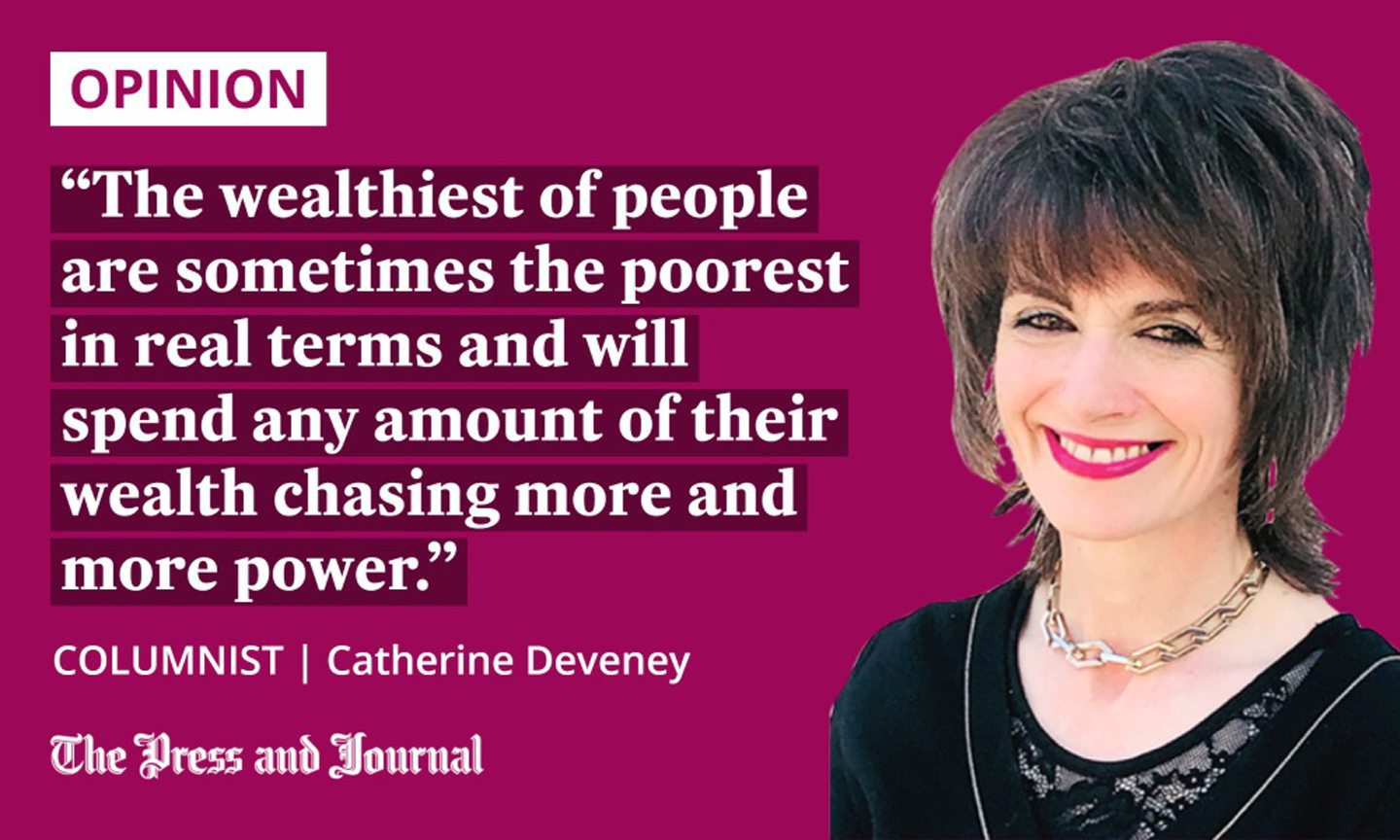
There’s an old saying that news is something that somebody, somewhere, doesn’t want you to say – the rest is advertising. Musk’s version of this is that free speech is the ability to say things that other people don’t like.
But, at least news has some social and ethical purpose, whereas, as far as I can see, Musk’s free speech is pretty much being obnoxiously rude whenever he feels like it. A bit like newspaper columnists, so thank you, Mr Musk, for clarifying “free speech absolutism” which enables me to be as rude to you in print as you are to others on Twitter.
Actually no, not THAT rude.
‘I feel, therefore I say’
Musk’s tweets have landed him in controversy, most famously when he referred to a British volunteer trying to rescue a little boy from a cave in Thailand as “pedo guy”.
This was not libellous, according to Musk, because it wasn’t meant to be taken literally, which is a bit hard to get your head round, since the man was trying to rescue the child in a country notorious for the exploitation of children. If the comment wasn’t literal, I am really stumped on Musk’s intended metaphor.
An American court ruled he was not guilty of defamation, to which Musk said his “faith in humanity had been restored”.
This was lovely for him, but less lovely for the rest of us, who worried that if your wallet is bigger than your brain, and your sensitivity the size of a shrivelled pea in comparison to the size of your power base, you can say any vile thing you like and get away it.
I think, therefore I am, said Descartes. I feel, therefore I say, insists Musk.
One of the most objectionable characters on Twitter will now own it
What is this idea the billionaire Musk has that, like some feet-drumming toddler at the supermarket checkout, he can publicly express, without filter, every last negative emotion that flits through his mind? If you are rich, nobody will challenge you and you can be an unpleasant, arrogant, disagreeable boor if you like. (What? That’s not rude – it’s free speech.)
Does he really think he can buy free speech and democracy in the way other people buy a new jacket, fridge or handbag?
How ironic that one of the most objectionable characters on Twitter will now own it. It’s also ironic that the wealthiest of people are sometimes the poorest in real terms and will spend any amount of their wealth chasing more and more power.
Let’s make Twitter maximum fun!
— Elon Musk (@elonmusk) April 28, 2022
Wealthy entrepreneurs used to buy newspapers in an attempt to control public discourse. Musk has bought an online platform thinking it will allow him to say what he likes. But, does he really think he can buy free speech and democracy in the way other people buy a new jacket, fridge or handbag?
Musk recently sold all his many houses around the world – presumably to help cashflow – a fact greeted with admiration in some quarters because it supposedly indicated his indifference to possessions. Why, he could survive in a tent! (Or a five-star hotel.) On a friend’s couch!
The only indifference it suggests me is to normal human values – like “home”. His values involve being town crier in what he calls the “digital town square where matters vital to the future of humanity are debated”.
#ICanDoWhatIWant
The only freedom Musk cares about is his own, including the freedom not to be accountable. Your freedom and mine are only important as long as they don’t impinge on his.
The estimated interest on what Musk has borrowed for his Twitter acquisition is more than $400 million a year. Twitter will need to make money and controversy will help. It won’t get tamer, that’s for sure.
Twitter has already coarsened public debate, removing the burden of either politeness or nuance. Even the remaining fig leaf of propriety is too much for Musk. If he can’t say what he wants within Twitter rules, why, he’ll buy the company and change the rules. #ICanDoWhatIWant.
Or, so he thinks. Reassuringly, Thierry Breton, the EU’s commissioner for the internal market, sent a warning to Musk, who has, by the way, already broken the rules of his acquisition by responding to tweets about Twitter staff.
“Elon,” Breton said, “there are rules.[…] It’s not your rules which will apply here.”
Amen to that. Or, in the Twitter parlance Mr Musk prefers: #OhNoYouCan’t.
Catherine Deveney is an award-winning investigative journalist, novelist and television presenter
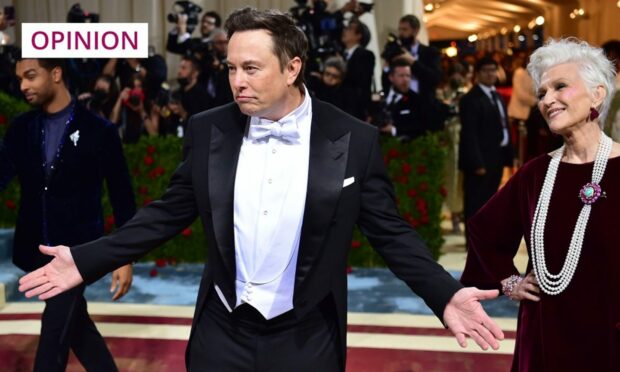
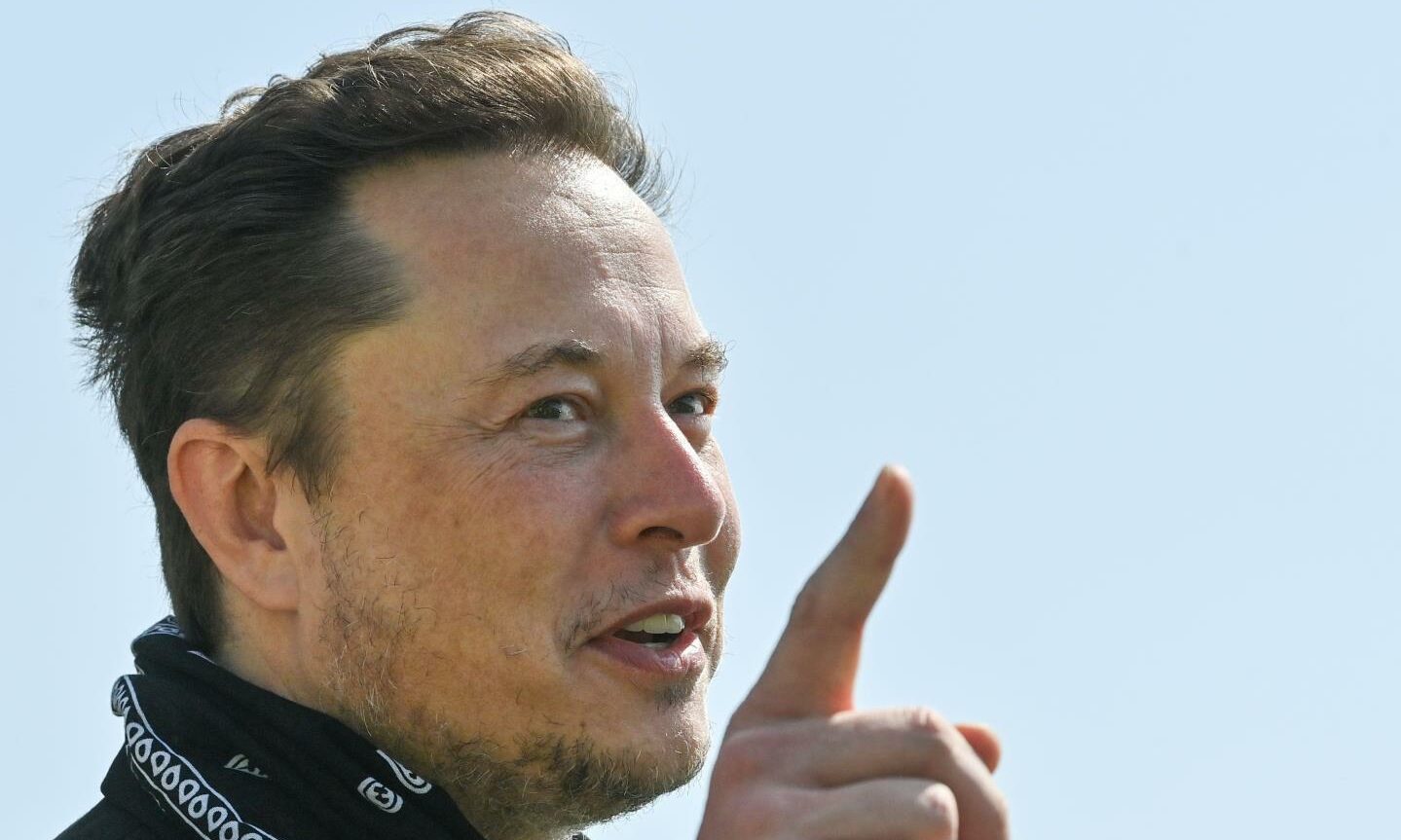
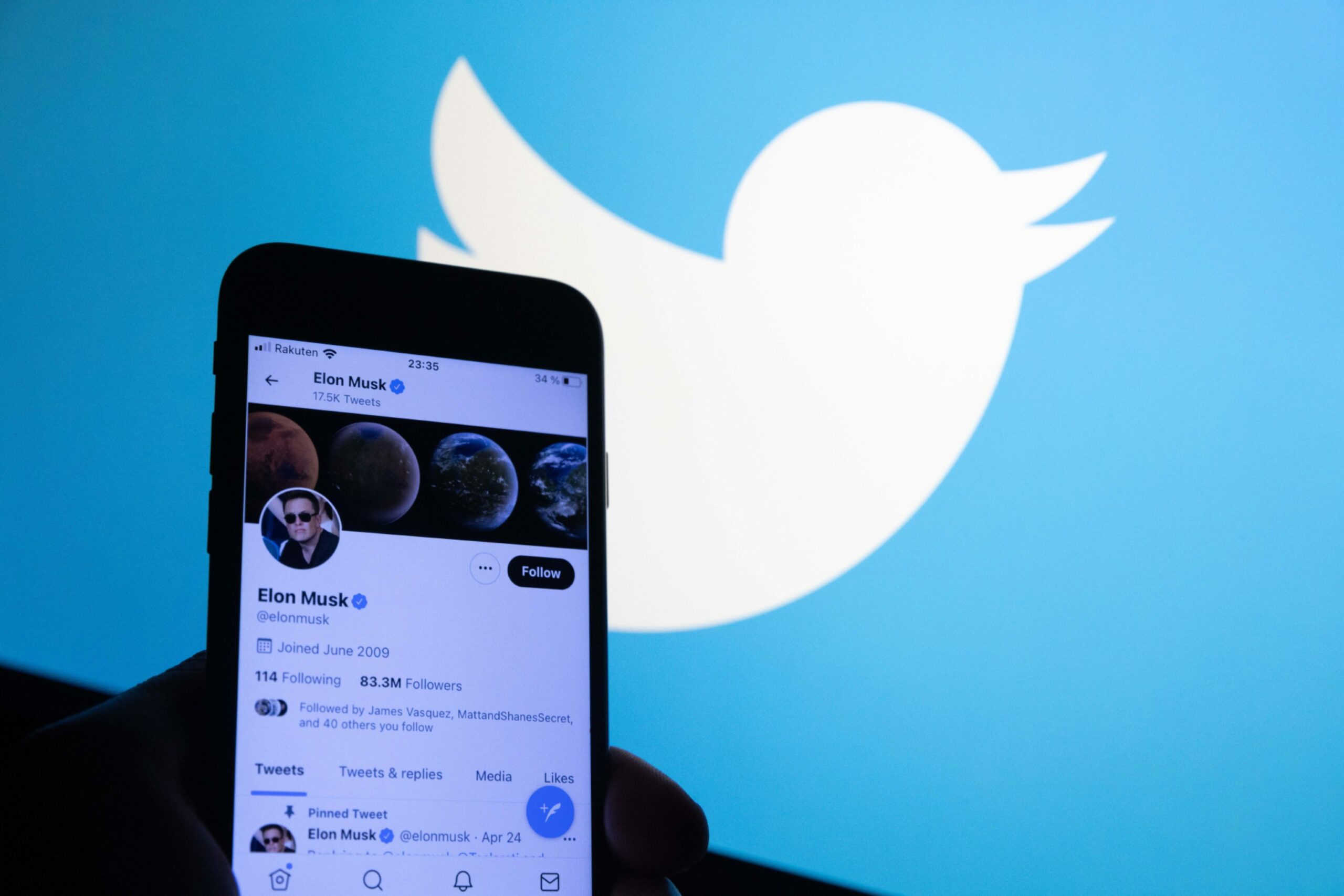
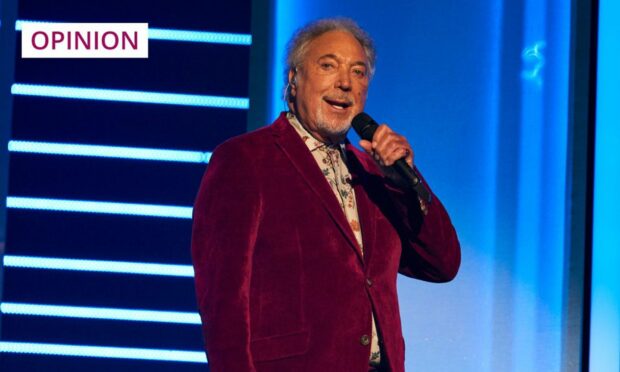

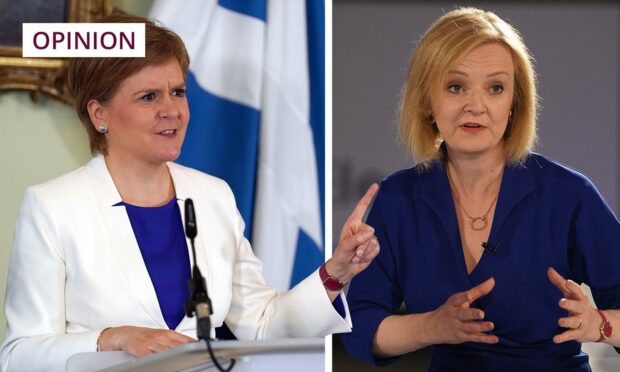
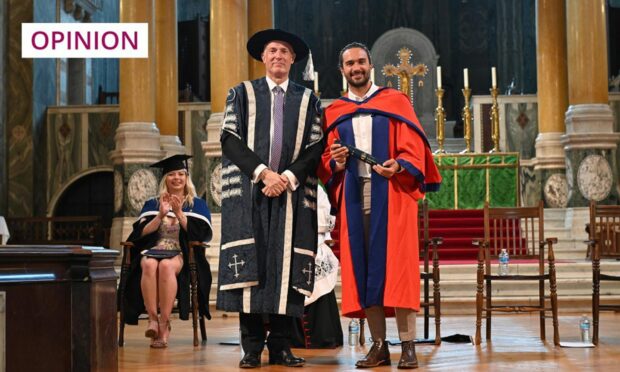
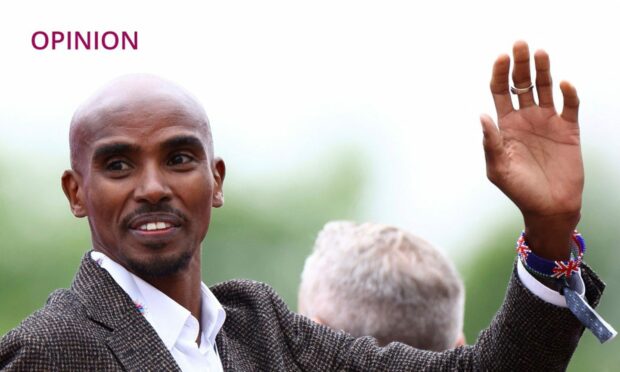
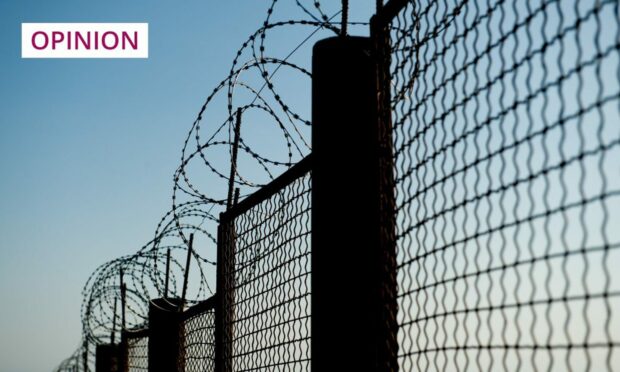










Conversation